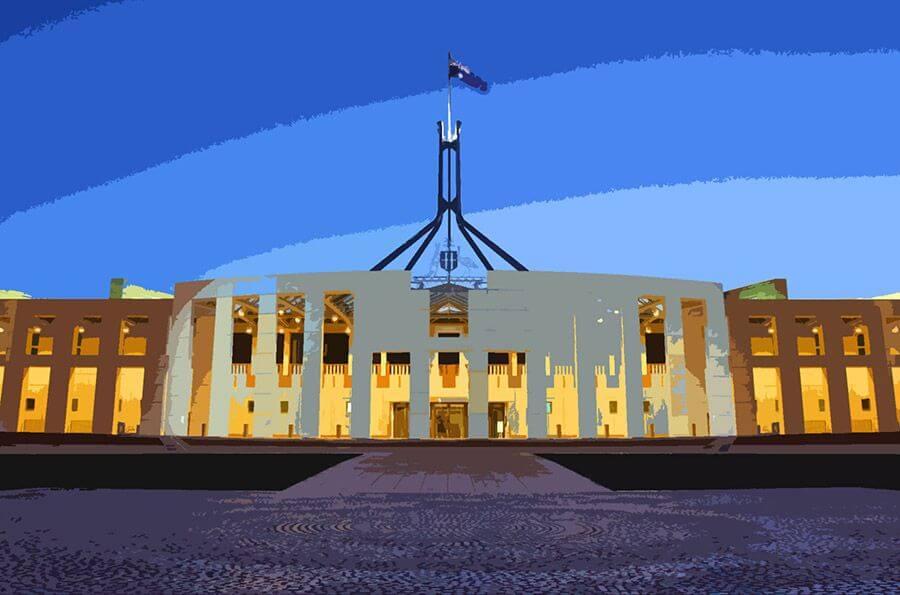As active participants in the cryptocurrency sphere, we all appreciate the blend of innovation, privacy, and financial potential that it offers. However, just as in traditional finance, this dynamic ecosystem has its unique set of challenges and threats. Today, we will looks closely into one such concern that is getting increasingly widespread — dusting attacks.
In the simplest terms, a dusting attack refers to a situation where an individual or an entity receives a tiny, almost negligible amount of cryptocurrency, often termed as 'dust,' in their digital wallet from an unknown source. This dust, however, isn't an insignificant windfall; instead, it's a strategic move made by malicious actors intending to breach the privacy of cryptocurrency users.









